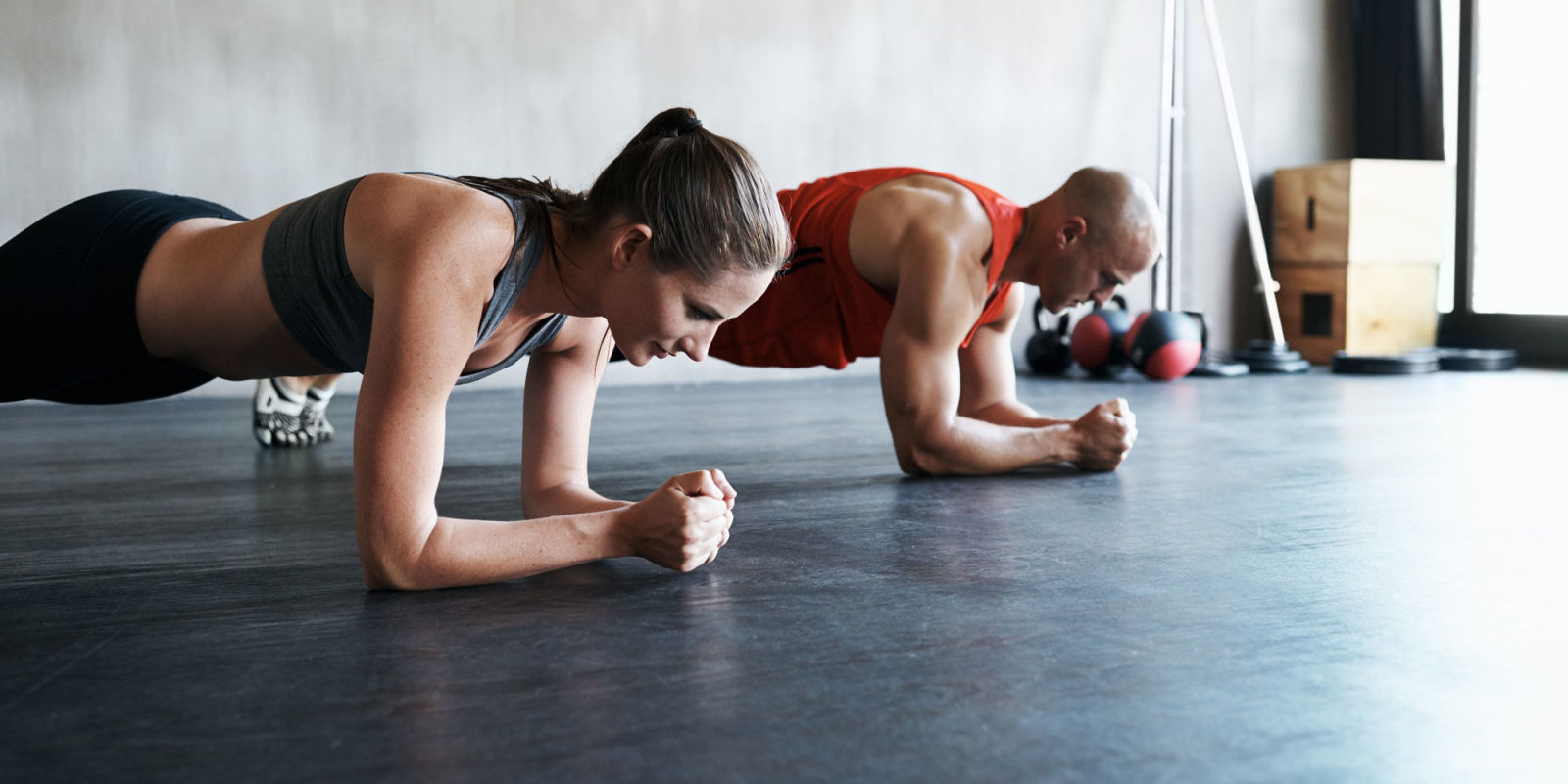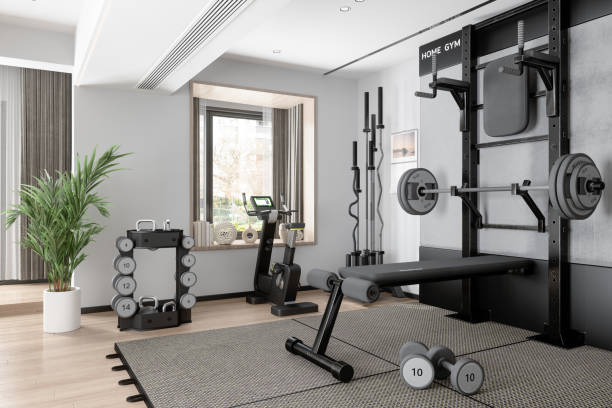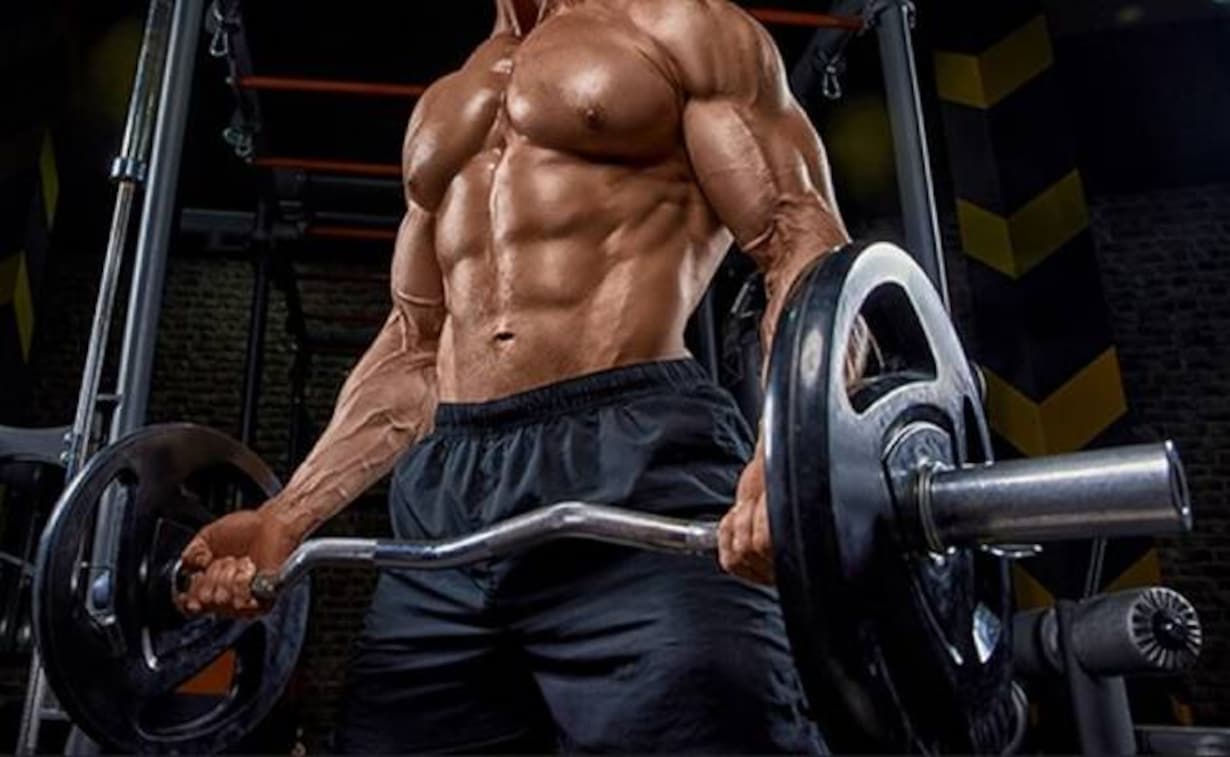Professional and prospective athletes alike understand the importance of being in top physical condition. To reach your greatest potential in your chosen activity, you need more than just talent; you also need a well-rounded fitness workouts program that compliments your physical prowess. In this post, we’ll look at fitness programs designed exclusively for athletes, including performance-enhancing exercises, training routines, and dietary advice.
Table of Contents
Exercises that Improve Performance
Strengthening Exercises
A solid foundation is vital for athletes. Include complex movements in your regimen, such as squats, deadlifts, bench presses, and pull-ups. Focus on incremental overload to keep your muscles challenged and stronger.
Plyometrics
Explosive actions like box jumps and burpees improve your power and agility, which are important in many sports including basketball, volleyball, and running.
Drills for Agility
Ladder drills, cone drills, and shuttle runs can help you improve your footwork and agility. These workouts will help you increase your response time and agility.
Balance and Primary Work
Most sports require a strong core and excellent balance. Planks, Russian twists, and stability ball exercises should all be included in your regimen.
Flexibility and movement
Exercises such as yoga or dynamic stretching can help with flexibility and movement. These aid in the prevention of injuries and the improvement of range of motion, which is especially important in sports like as gymnastics and martial arts.
Athlete Training Routines
Periodization
Divide your training into cycles that include strength, endurance, and power periods. This helps to avoid plateaus and keeps you moving forward.
Drills for Specific Sports
Incorporate drills that mirror your sport’s motions and demands. A tennis player, for example, may combine agility workouts involving lateral movements and fast direction changes.
Rest and Recuperation
Don’t undervalue the value of rest. Adequate sleep and rest days are critical for muscle healing and general performance enhancement.
Cross-Training
Include a variety of exercises in your regimen on a regular basis to avoid fatigue and to work on different muscle groups. Cycling or weightlifting, for example, may aid swimmers.
Nutrition Tips for Athletes
A Well-Balanced Diet
Eat a well-balanced diet that includes lean proteins, complex carbs, healthy fats, and a variety of fruits and vegetables. These nutrients give long-term energy and aid in muscular building.
Hydration
Stay hydrated since even minor dehydration might impair sports performance. Water, electrolyte-rich beverages, and herbal teas are all wonderful options.
Timing
To maximize healing, fuel your body with carbs before exercises and protein afterward. Plan your meals and snacks around your workout routine.
Supplements
Consult a sports nutritionist to see if you require supplements such as protein powder, creatine, or vitamins and minerals to help you achieve your athletic objectives.
Frequently Asked Questions (FAQs) About Fitness Workouts for Athletes
1. What are athlete fitness workouts and why are they important?
Athlete fitness exercises are training regimens that are particularly tailored to improve the physical traits required for their sport. These workouts are designed to improve strength, agility, endurance, balance, and other elements of performance. They are essential for athletes to maximize their potential and flourish in their chosen sports.
2. What kinds of activities should athletes incorporate into their fitness routines?
Athletes should include strength training, plyometrics, agility drills, core work, and flexibility exercises in their workouts. Specific workouts may differ depending on the athlete’s sport and personal demands.
3. How might athletes profit from strength training?
Strength training aids athletes in the development of muscle, the enhancement of power, and the enhancement of total physical performance. It can improve endurance, lower the chance of injury, and provide you a competitive advantage in a variety of sports.
4. Are there any nutritional guidelines that athletes should follow when working out?
Athletes should have a well-balanced diet that is high in proteins, carbs, healthy fats, and micronutrients. Hydration is also essential. Timing meals and snacks around exercises and taking supplements under expert supervision might help you perform even better.
5. What exactly is periodization in athlete training regimens?
Periodization is a training approach in which an athlete’s training is divided into separate cycles or periods. Each phase of the program focuses on a particular facet of fitness, such as strength, endurance, or power. This method avoids plateaus and assures steady advancement.
- Should athletes use sport-specific exercises in their training?
Yes, sport-specific drills simulate the athlete’s sport’s motions and demands. These drills may help you improve your abilities, technique, and overall performance, making them an important part of your workout program.
7. What role does rest and recuperation play in athlete training?
Recovery and rest are essential for muscle regeneration, injury prevention, and general performance enhancement. Athletes should obtain enough sleep, include rest days into their regimens, and consider rehabilitation measures such as stretching and foam rolling.
8. Can athletes benefit from cross-training?
Cross-training, or participation in many hobbies or sports, may be advantageous to athletes. It prevents fatigue, exercises many muscle areas, and can improve overall athleticism.
9. Do athletes need vitamins, and if so, which ones should they consider?
The requirement for supplements is determined by the individual’s needs and aspirations. Athletes should see a sports nutritionist or a healthcare expert to evaluate whether supplements such as protein powder, creatine, or vitamins and minerals are acceptable for their unique situation.
- How can sportsmen maintain consistency in their fitness workouts?
Maintaining consistency is essential for reaching fitness objectives. Setting specific objectives, measuring progress, rotating exercises to avoid boredom, and getting assistance from coaches or training partners may help athletes stay motivated. Having a well-structured training schedule can also assist with consistency.
Individual athletes may have different training needs depending on their sport and fitness level. Consulting with a sports coach, trainer, or healthcare expert can give customized advice for designing efficient fitness regimens.
Conclusion
Peak sports performance necessitates dedication, discipline, and a well-structured workout regimen. Include performance-enhancing activities in your workouts, adjust your workouts to your sport, and nourish your body with the correct diet. Remember that consistency is essential, and always seek tailored advice from a sports trainer or healthcare expert. You may maximize your athletic potential and flourish in your chosen area if you take the appropriate attitude.




